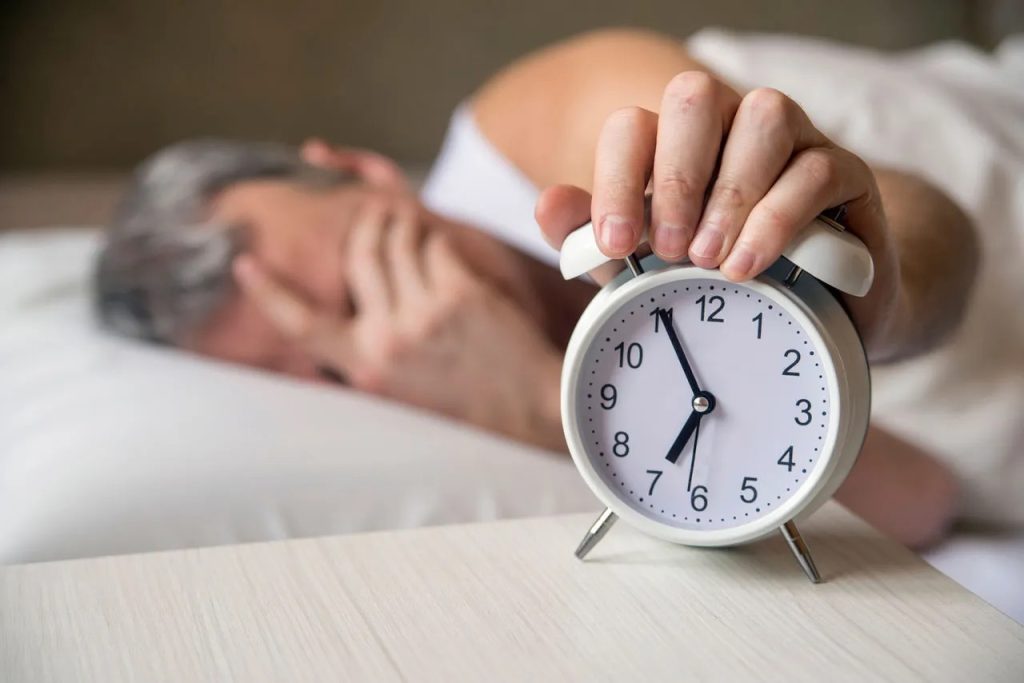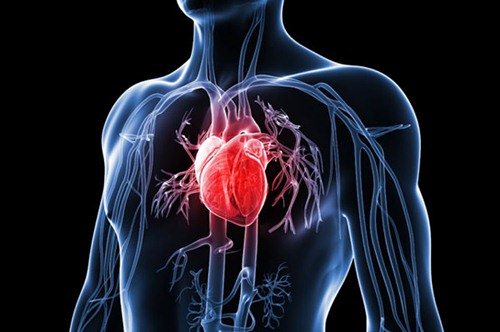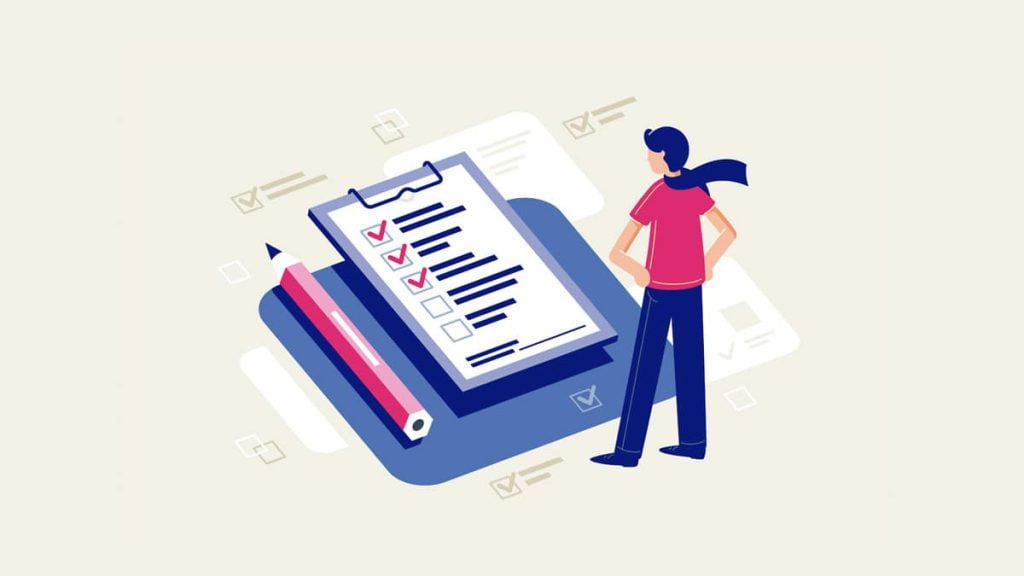At the end of this page, we have prepared a test for you to know your chances of having ADHD.
Attention Deficit Hyperactivity Disorder (ADHD) is a neurobiological disorder that affects a person's ability to sustain attention, control impulses, and regulate behavior.
It is commonly diagnosed in childhood, although it can persist into adulthood. The exact causes of ADHD are not completely understood, but a combination of genetic, neurological and environmental factors appear to play an important role in its development.
ADHD symptoms
ADHD symptoms can vary in intensity and can be grouped into two main categories: inattention and hyperactivity/impulsivity. Some of the symptoms include:
Inattention:
- Difficulty staying focused on tasks or activities.
- Difficulty following detailed instructions or completing tasks.
- Tendency to make careless mistakes in schoolwork or at work.
- Difficulty organizing tasks and activities.
- Avoiding or being reluctant to engage in tasks that require sustained mental effort.
- Losing objects needed for tasks and activities.
Hyperactivity/Impulsivity:
- Inability to stay seated in situations where the person is expected to remain seated.
- Running or climbing in inappropriate situations.
- Talking excessively and interrupting others.
- Difficulty taking turns in group activities.
- Tendency to act impulsively without considering the consequences.
It is important to note that not all people with ADHD experience all of these symptoms and that the intensity of symptoms can vary.
The diagnosis of ADHD is made by mental health professionals based on clinical assessment of the patient's history, behavior, and presenting symptoms.
Is ADHD curable?
Currently, there is no definitive cure for Attention Deficit Hyperactivity Disorder (ADHD). However, ADHD can be managed and symptoms can be significantly reduced or controlled with proper treatment.
The goal of treatment is to help the person develop strategies to deal with the challenges of ADHD and improve their quality of life.
ADHD treatment
ADHD treatment can involve a combination of approaches, including behavioral therapy, cognitive behavioral therapy, educational counseling, lifestyle modifications, and in some cases, medication.
The goal of treatment is to help the person develop coping skills, improve attention and self-control, and minimize the negative impacts of the disorder on daily life.
ADHD treatment often involves a multimodal approach, which may include:
- Behavioral Therapy: This approach helps people develop organizational, planning, time management, and self-control skills. It can also include strategies to improve attention and focus.
- Cognitive behavioral therapy: This therapy can help people identify and change negative or unproductive thinking patterns, which can affect their ADHD-related behaviors and emotions.
- Lifestyle Changes: A regular routine, regular exercise, adequate sleep and a healthy diet can help minimize ADHD symptoms.
- Medicines: In some cases, stimulant (such as methylphenidate or amphetamines) or non-stimulant (such as atomoxetine) medications may be prescribed by a physician to help manage ADHD symptoms. These medications do not cure ADHD, but they can improve attention, impulsivity, and hyperactivity.
It is important to remember that ADHD is a chronic condition, and although there is no definitive cure, many people with ADHD can learn to manage their symptoms and achieve personal and professional success.
Treatment and coping strategies can make a significant difference in the lives of people with ADHD, enabling them to reach their full potential.
Quiz: Assessing the Suspected Level of ADHD
Answer the questions below based on your recent experiences and feelings. Choose the option that best describes you.
[qsm quiz=23]















